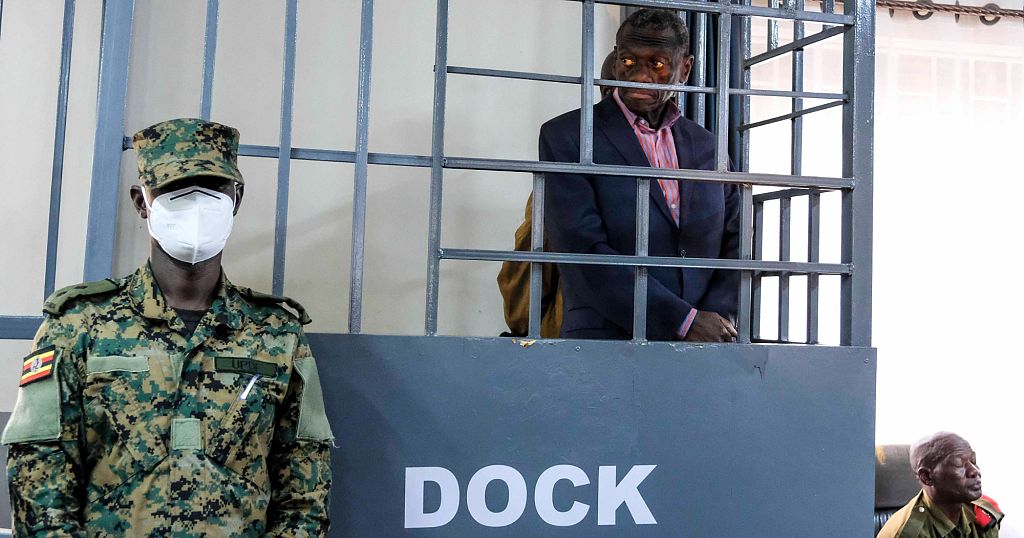
Introduction

Uganda’s political landscape took a controversial turn as President Yoweri Museveni signed into law an amendment that allows military trials for civilians, reigniting fierce debates over human rights, judicial independence, and authoritarian rule. The law overrides a recent Supreme Court ruling that deemed such military tribunals unconstitutional. [BBC Source]
Background: Supreme Court Had Previously Ruled It Unconstitutional
In January, Uganda’s Supreme Court had declared the previous version of the law unconstitutional, stating that military courts are neither impartial nor competent to try civilians. [International Society for Human Rights]
Yet, Parliament passed the new amendment under heavy police presence, with opposition lawmakers staging a boycott. The amendment introduces new qualifications for military tribunal judges, but critics say the changes are cosmetic and still allow political persecution under the guise of national security.
Government Justifies the Amendment
Army spokesperson Col Chris Magezi defended the law, stating on X (formerly Twitter) that it is necessary to “deal decisively with armed violent criminals, deter militant political groups, and protect national security.” He added, “If it ain’t broke, don’t fix it!”
Museveni, in power since 1986, had long defended the use of military courts, claiming civilian courts are too overwhelmed to handle gun-related crimes swiftly.
Opposition: A Tool for Repression

The opposition, led by Bobi Wine, strongly condemned the move. Speaking to AFP, Wine said: “All of us in the opposition are being targeted by the act. This is a clear attempt to intimidate and silence dissent.”
Human rights activists argue that military courts have historically been used to persecute government critics, plant evidence, and hand down harsher sentences than civilian courts. [Human Rights Crisis – The Morning News Informer]
Case Example: Kizza Besigye
In one recent example, prominent opposition figure Kizza Besigye was arrested in Kenya and forcibly brought to Uganda. Initially charged in a military court for possession of firearms, his case was later moved to a civilian court following the earlier Supreme Court ruling. However, critics fear that under the new amendment, such transfers will no longer be possible, cementing Museveni’s grip on power.
Legal Community Vows to Challenge
The Uganda Law Society announced plans to challenge the amendment’s constitutionality. “The amendments still violate basic rights guaranteed by our Constitution,” a spokesperson said. Legal experts argue that true judicial independence cannot exist under military command structures.
Concerns Over Prolonged Detention & Lack of Due Process

According to human rights lawyer Gawaya Tegulle, military trials often result in years-long detentions as cases wait for decisions from senior military figures. “If you are a political opponent, they will find a way of getting you into a military court, and once there, justice never visits your door,” Tegulle told the BBC’s Focus on Africa podcast.
Growing International Condemnation
International organizations, including Amnesty International and the United Nations Human Rights Office, have condemned the move as a blatant violation of basic human rights and judicial independence. Calls are growing for sanctions and diplomatic pressure on Museveni’s regime.
Conclusion
The passage of this law has once again highlighted the fragile state of democracy in Uganda. Despite global criticism and domestic opposition, President Museveni continues to consolidate his power by bending the legal framework. The implications of allowing military trials for civilians threaten to silence dissent, erode human rights, and undermine the rule of law.
Stay informed with the latest on this developing story at The Morning News Informer – Africa News.